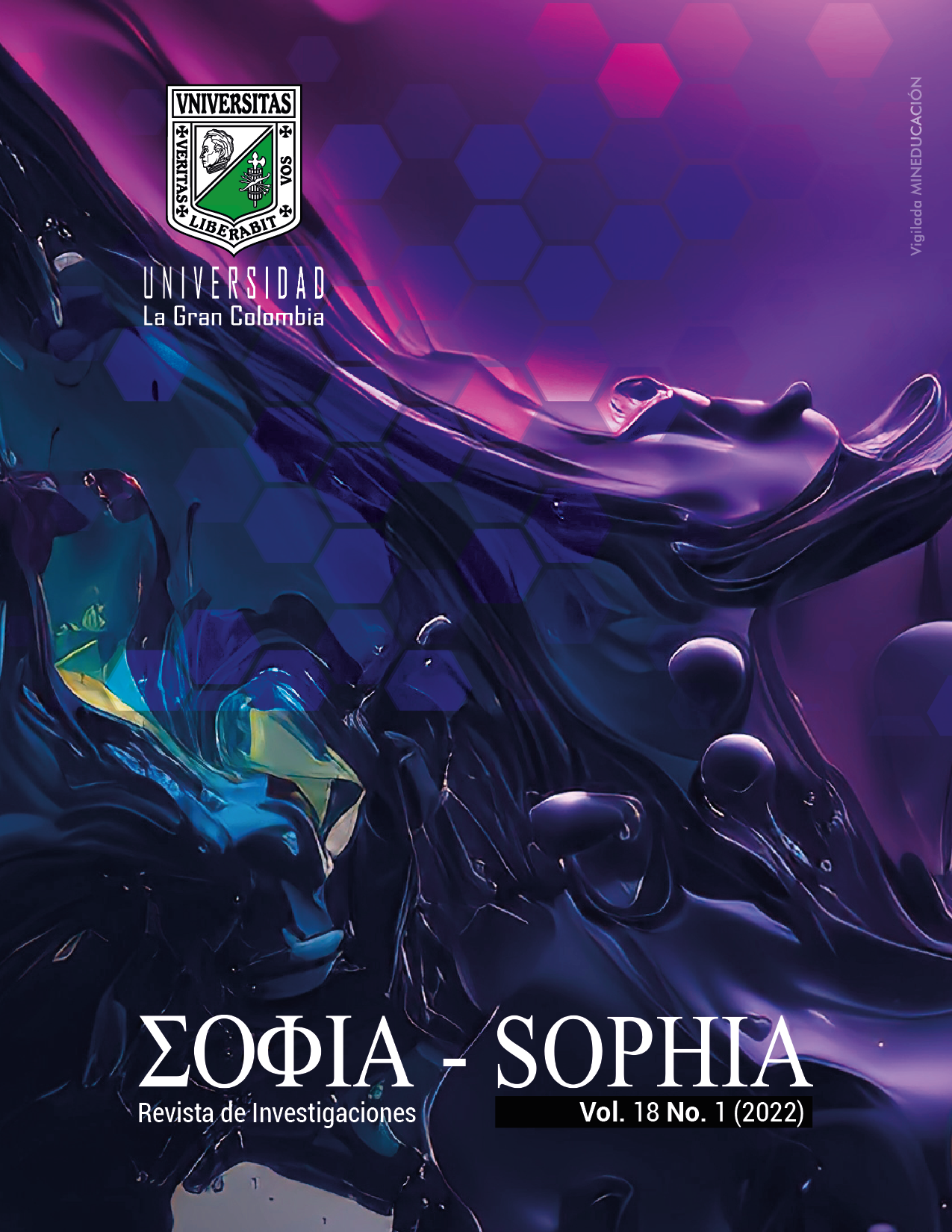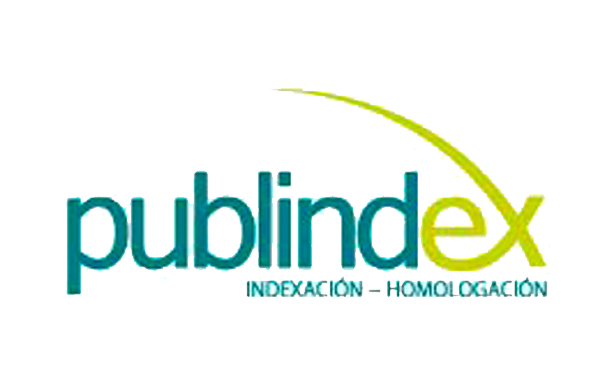The Role and Importance of Teachers from a Social Justice and Curriculum Justice Perspective
DOI:
https://doi.org/10.18634/sophiaj.18v.1i.1044Keywords:
Teachers, curriculum, knowledge, social justice, curricular justiceAbstract
The figure and role of teachers has been the subject of extensive analysis and debate. Its study is approached from multiple and diverse perspectives, especially recognizing its importance in the educational development of a country. This article analyzes the figure and function of teachers from the perspective of social justice and curricular justice, two powerful concepts that make us look at the pedagogical practices developed by teachers in schools; at the type of training provided to children and young people and, consequently, at the subjectivities and collectivities that are configured from the educational point of view. That is, the questioning of the role of teachers as promoters of a dominant and unjust social structure or as teachers who bring about changes from their micro-spaces aimed at forming people with thoughts and actions that allow them to forge fairer, more plural, and inclusive societies.References
Bernstein B. (1997). La estructura del discurso pedagógico. Morata.
Connell, R.W. (2006). Escuelas y justicia social. Morata.
Ducoing Watty, P. (2014). La eficacia versus la emancipación del sujeto en la formación de profesores. En P.
Ducoing Watty (Coord.). Pensamiento crítico en educación (pp. 425-440). México: IISUE-Unam. Freire, P. (2012). Pedagogía de la autonomía. Saberes necesarios para la práctica educativa. Siglo XXI.
Fontán, T. (2015). La educación, ¿un derecho universal? En El Guiniguada. Revista de investigaciones y experiencias en Ciencias de la Educación, (23) 111-123. En https://accedacris.ulpgc.es/bitstream/10553/14014/1
/0235347_00023_0011.pdf
Gagliano, R. (2009). Saberes socialmente productivos y nuevas realidades educativas emergentes. En M. Gómez-Sollano (Coord.). Saberes socialmente productivos y educación. Contribución al debate, pp. 61-78. Unam.
Giroux, H.A. (2014). Teoría y resistencia en educación. Siglo XXI y Cesu-Unam.
Gómez-Sollano, M. & Corenstein Zaslav, M. (2017). Referentes para pensar la relación entre saberes, sujetos y alternativas pedagógicas. Dimensiones de análisis y categorías intermedias. En Gómez-Sollano &
M. Corenstein Zaslav (Coords.). Saberes, sujetos y alternativas pedagógicas. Contextos, conceptos y
experiencias (pp. 21-40). Unam.
Gómez-Sollano, M. & Adams, T. (2019). Hegemonía y alternativas pedagógicas. Los nudos ciegos de la teoría.
Educação (Unisinos). 23(1), 124-140. DOI: https://doi.org/10.4013/edu.2019.231.08
Orozco, B. (2016). Apuntes para la reactivación del discurso teórico curricular en México. En A. De Alba y A. Casimiro Lopes. (Coords). Diálogos curriculares entre México y Brasil (pp. 25-41). IISUE-UNAM.
Plá, S. (2017). Pensamiento histórico y justicia curricular. Una reflexión teórica. En S. Plá y S. P. Rodríguez Ávila (Coords). Saberes sociales para la justicia social. Educación escuela en América Latina (pp.19-44). Bogotá: UPN.
Popkewitz, T. (2010). Estudios curriculares y la historia del presente. Profesorado. Revista de currículum y
formación del profesorado, 14(1), 356-370. En http://www.ugr.es/local/recfpro/rev141FIRINV.pdf
Santos, B. S. (2018a). Pensando desde el Sur y con el Sur. En P. Meneses, Arriscado J., Lema, C., Aguiló A. y Lino
N. Construyendo las Epistemologías del Sur: para un pensamiento alternativo de alternativas (pp. 31-71)
. Buenos Aires: CLACSO. En http://biblioteca.clacso.edu.ar/clacso/se/20181203040213/Antologia_ Boaventura_Vol1.pdf
Santos, B. S. (2018b). Introducción a las epistemologías del sur. En M. P. Meneses y K. Bidaseca (Coords). Epistemologías del Sur (pp. 25-61). Buenos Aires: CLACSO. En http://biblioteca.clacso.edu.ar/clacso/ se/20181124092336/Epistemologias_del_sur_2018.pdf
Stahler-Sholk, R. y Baronnet, B. (2017). La escuela es la comunidad: luchas indígenas y autonomía en México. En S. Plá y S. P. Rodríguez Ávila (Coords). Saberes sociales para la justicia social. Educación escuela en América Latina (pp. 99-135). Bogotá: UPN.
Tedesco, J. C. (2017). Educación y desigualdad en América Latina y el Caribe. Aportes para la agenda post 2015.
En Perfiles Educativos, XXXIX(158), 206-224. En http://www.redalyc.org/articulo.oa?id=13253901012
Torres , J. (2012). La justicia curricular. El caballo de Troya de la cultura escolar. Morata.
Unesco/Unicef (2008). Un enfoque de la EDUCACIÓN PARA TODOS basado en los derechos humanos. En http://www.unicef.org/spanish/publications/files/Un_enfoque_de_la_EDUCACION_PARA_TODOS_ basado_en_los_derechos_humanos.pdf
Veleda, C.; Rivas, R. & Mezzadra F. (2011). La construcción de la justicia educativa. Criterios de redistribución y reconocimiento para la educación Argentina. Buenos Aires: CIPPEC/UNICEF. En https://www.cippec.org/ wp-content/uploads/2017/03/2536.pdf
Zeichner, K. M. (2010). La formación del profesorado y la lucha por la justicia social. Morata.
Zemelman, H. (2001). Pensar teórico y pensar epistémico: Los retos de las Ciencias Sociales Latinoamericanas.
En https://repository.unad.edu.co/bitstream/handle/10596/5564/Documento7.pdf?sequence=1
Zemelman, H. (2006). El magisterio ante los desafíos del presente. En M. Gómez Sollano y H. Zemelman (Coords.). La labor del maestro: formar y formarse. Editorial Pax
Downloads
Published
Issue
Section
License
Creative Commosn Licence 4.0








